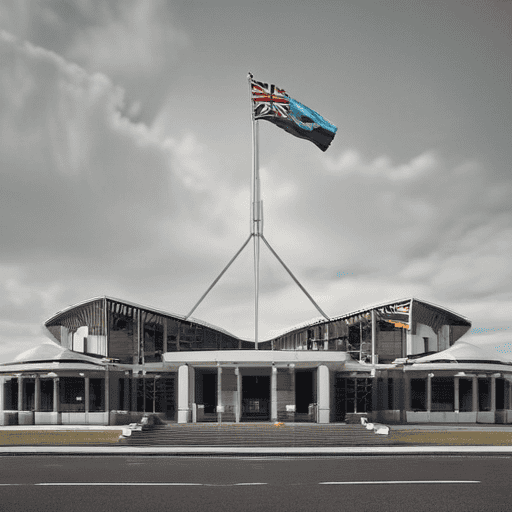Political commentator Professor Steven Ratuva has characterized the recent addition of six new ministers and assistant ministers in Fiji as a strategic attempt at “rebranding” the current government. This reshuffle comes amid ongoing criticisms of the administration, which has faced allegations of scandals, corruption, and mismanagement. Ratuva, who directs the University of Canterbury’s Macmillan Brown Centre for Pacific Studies, remarked that this move might be aimed at reinvigorating an administration struggling with public credibility and maintaining stability within its coalition.
He described the current government as operating in “firefighting mode,” reacting to a series of media reports revealing misconduct and tensions within the coalition. Ratuva expressed skepticism about whether this government reshuffle will effectively improve perceptions or if it might create unease among coalition partners. He further speculated that it could be a tactic to strengthen the People’s Alliance’s position in anticipation of upcoming general elections, presenting risks, especially if the Prime Minister decides to dissolve the existing coalition arrangement, which could lead to further instability.
In the wake of recent controversies involving key figures like the Director of Public Prosecutions and the Corrections Commissioner, Ratuva emphasized the need for governance grounded in proper legal frameworks devoid of political ambitions. He advocates for consistency and legality in high-level decision-making, which he believes is essential for restoring public confidence.
The discussion surrounding the cabinet reshuffle mirrors a broader political climate marked by increased public engagement and scrutiny, a change that emerged after years of limited political discourse. Citizens are now demanding accountability, a positive shift that may lead to more responsive governance addressing critical issues such as education, healthcare, and crime.
In summary, while the inclusion of new ministers suggests a proactive approach to governance amid challenges, it also underscores pivotal questions about efficacy and accountability. This moment presents an opportunity for Fiji to recalibrate its political strategies and restore public trust by ensuring transparency and responsiveness in its governance practices. The hope is that this infusion of new leadership will pave the way for a more equitable and effective political landscape.

Leave a comment